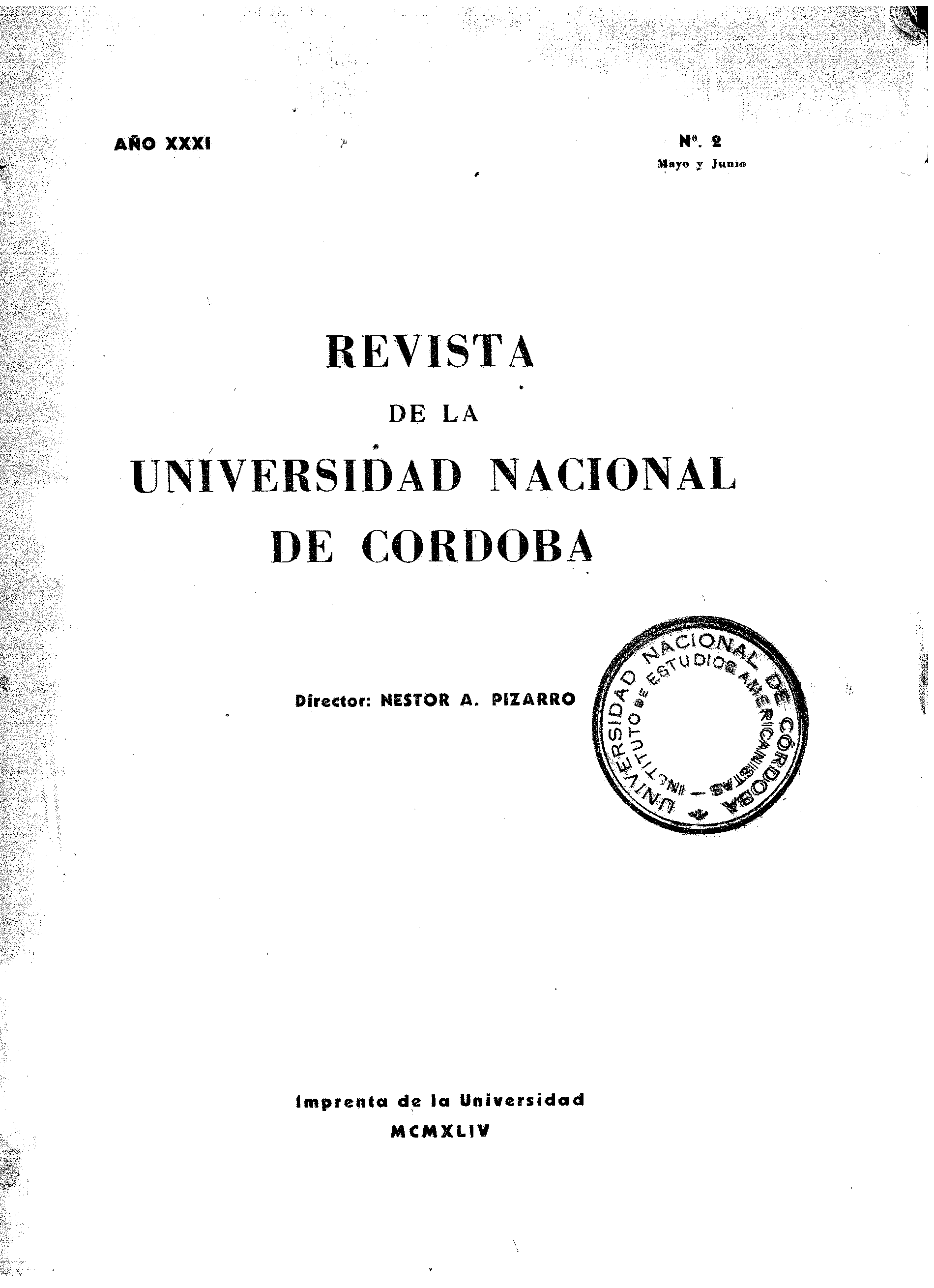The culpa in contrahendo and useless stipulations (second part)
Keywords:
Civil Law, Capacity to be attributed, Austrian Civil CodeAbstract
I have previously explained what were the useless stipulations in Roman law, what was for IHERING the culpa in contrahendo as the basis of any action to compensate in cases of useless stipulations or merely projected contractual relations, for the damages arising therefrom; the doctrinal background in SAVIGNY, CUJACIO, RICHELMANN, POTHIER and others; the systematic followed by IHERING and the effects of error in useless stipulations.
References
IHERING: La culpa in contrahendo, pág. 41, Nº 18.
CODIGO DE PRUSIA: Parte primera, tít. V, art. 33. Traducción del Instituto de Derecho Civil de la Universidad Nacional de Córdoba.
CODIGO DE PRUSIA: Art. 36, versión del Inst. de Der. Civ.
CODIGO DE PRUSIA: Art. 36, versión de IHERING. La c. i. c., pág. 42.
FOSTER ECCIUS: Ob. cit., t. 1, pág. 456, nota 32.
CODIGO CIVIL DE AUSTRIA, de 1811: Versión de IHERING, ob. cit., pág. 43.
CODIGO CIVIL DE AUSTRIA, de 1811: Collection FOUCHER, por A. DE CLERQ, 1836.
GALLAIX de MARCEL: La Reforma du Code Civil Autrichien 1925, ed. Libraire General, pág. 44.
TOULLIER: Cours de Droit Civil, t. VII, Nº. 589
FREITAS: Proyecto de Código Civil, art. 1879.
CODIGO CIVIL DE CHILE: art. 1685.
BIBILONI: Anteproyecto, t. 2, ed. Abeledo, 1929.
BIBILONI: Anteproyecto, t. 1, pág. 117.
Downloads
Published
Issue
Section
License
Copyright (c) 1944 Universidad Nacional de Córdoba

This work is licensed under a Creative Commons Attribution-NonCommercial-ShareAlike 4.0 International License.
Commercial use of the original work and any derivative works is not permitted, and distribution of derivative works must be made under a license equal to that which governs the original work.






